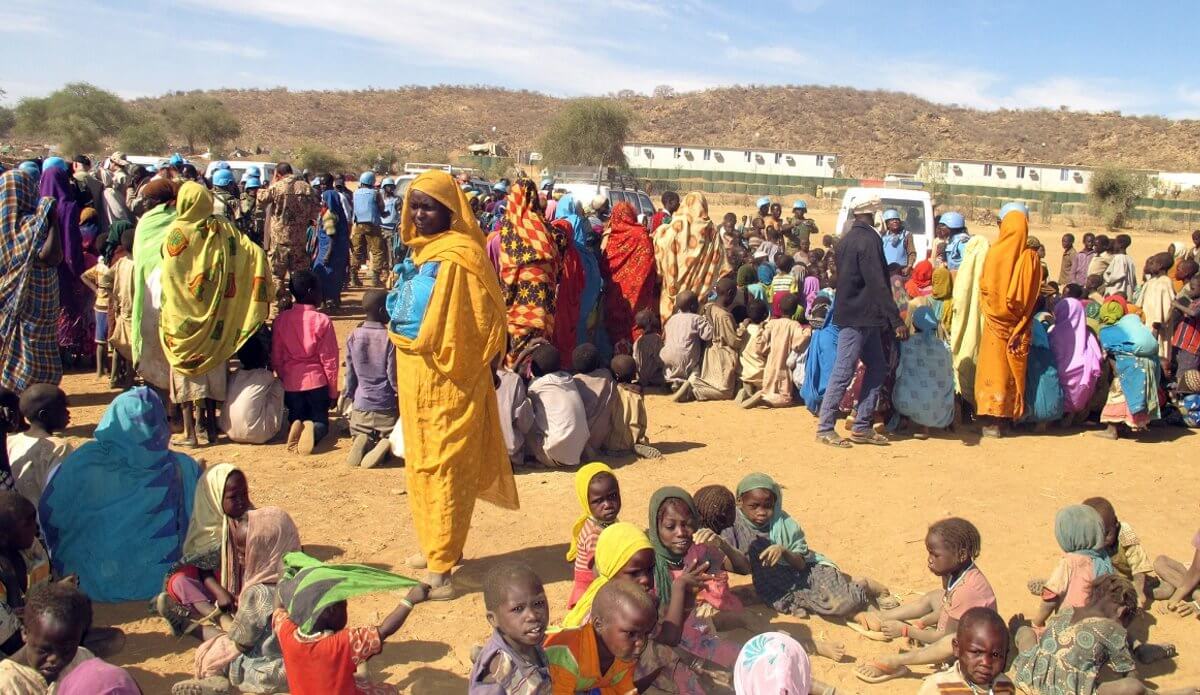On Sunday, a tribal conflict broke out in West Darfur, Sudan, leaving over 80 dead and 240 injured. At least 80,000 people have been affected; 47,000 people have been displaced; and over 8,000 families have been forced to flee their homes.
The conflict arose from a fight in the Kerendig Internally Displaced Persons (IDP) camp in El-Geneina after an African Masalit tribesman allegedly stabbed an Arab Maaliya tribesman.
The High-level Crisis Management Committee for the camp reports “widespread looting” and the theft of thousands of livestock and hundreds of vehicles. Much of the camp has been burned down.
It is alleged that the attacks were instigated by state-allied militia as part of a long, orchestrated plan. In fact, members of the Rapid Support Forces (RSF) and Janjaweed militia have curiously been stationed outside IDP camps since December 28.
Furthermore, the West Darfur state government did not send any police or security forces to the camp.
Currently, the Masalit death toll is roughly five times that of the Maaliya tribesmen, generating fears that this could escalate into a genocidal conflict, reminiscent of what took place in Darfur in 2003, when the Sudanese government formed organized militias with the Janjaweed and Arab tribesmen.
The RSF is an ‘offshoot’ of those militias, and is currently tasked with combating insurgencies and manning Sudan’s borders.
Aside from the Kerendig IDP camp, clashes have also been reported in the villages of Hashaba, Mouli, and Habila.
Sudan’s transitional government previously indicated a desire to strike a peace deal with rebel groups in the country’s three most conflict-ridden zones- Darfur, Blue Nile, and South Kordofan. However, following this past week’s events, it suspended peace talks with rebel groups in Darfur.
Thus, alongside the alleged complicity of government paramilitaries and state-armed militants, the hope for peaceful conflict resolution in Sudan is quickly fading once more.
Image Source: UNAMID

